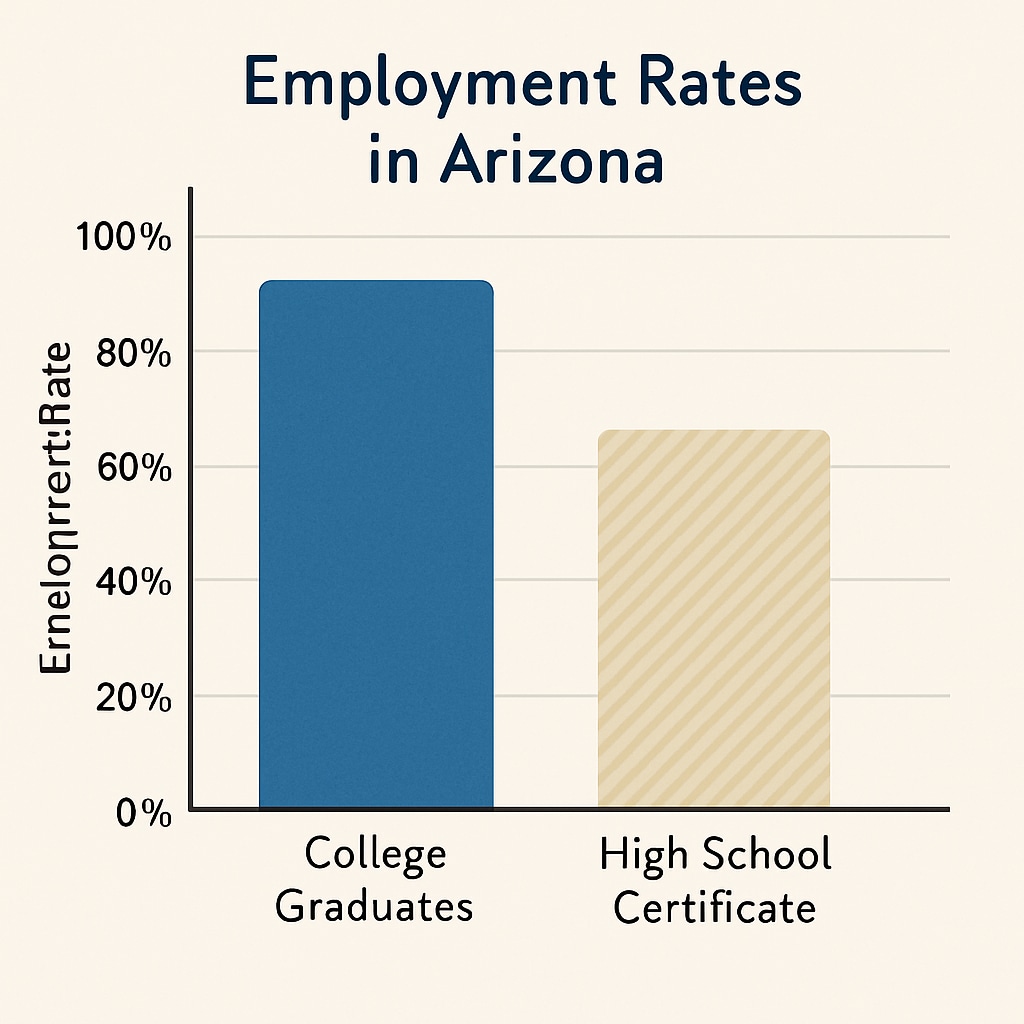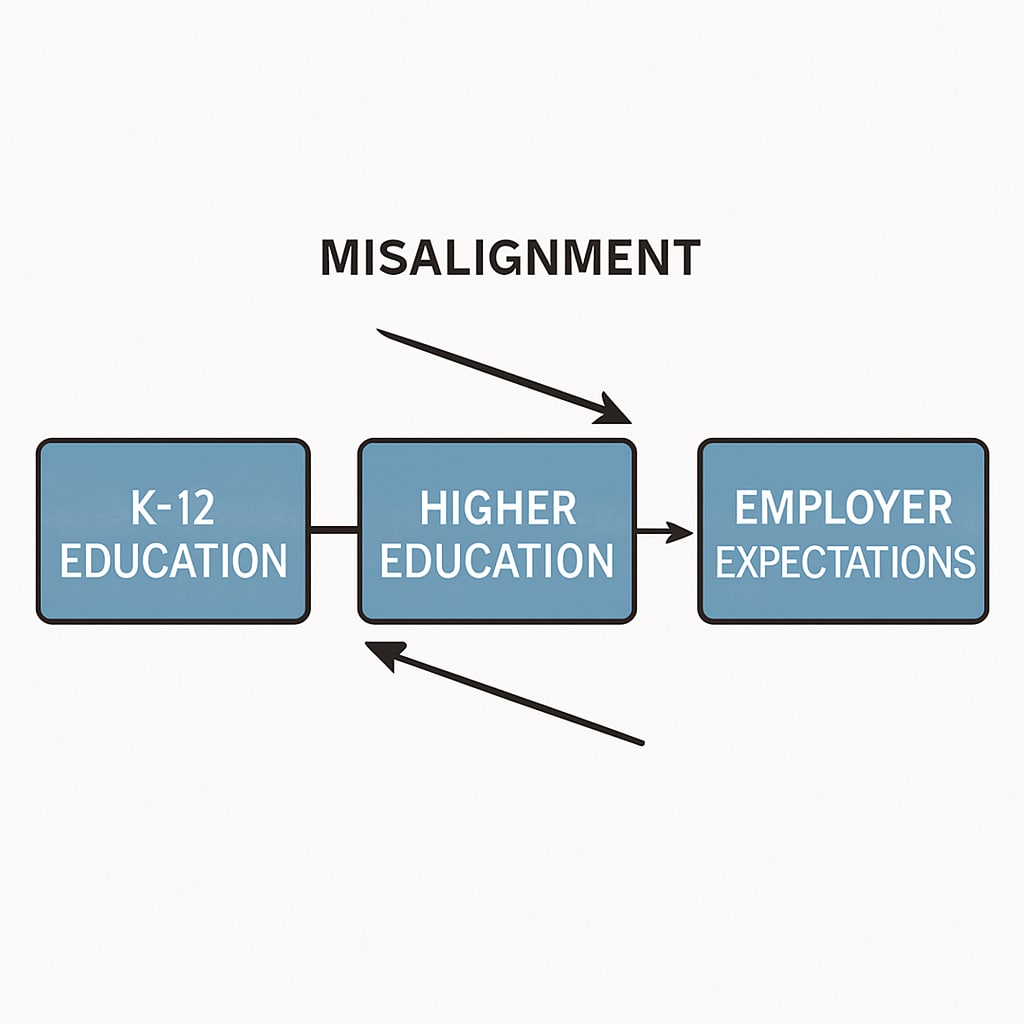In Arizona, a surprising trend in employment policies has emerged, where higher education degrees are often undervalued compared to high school certifications. This phenomenon, sometimes referred to as “degree discrimination,” underscores significant gaps in the alignment of K-12 education systems and higher education institutions. The issue goes beyond individual employment struggles; it speaks to systemic inefficiencies in educational and employment frameworks. As a result, many skilled workers with college degrees find themselves overlooked in favor of candidates with less formal education but specific certifications. This article delves into the roots of this mismatch, the consequences for both job seekers and the economy, and potential solutions for creating a more inclusive and skills-based hiring system.
Understanding Degree Discrimination
Degree discrimination refers to the phenomenon where individuals with higher education credentials, such as college or university degrees, face disadvantages in the job market compared to those with lower educational qualifications. In Arizona, this issue is particularly evident in sectors where specific certifications, rather than broader academic achievements, are prioritized. For example, certain technical roles may favor candidates with a high school diploma and a vocational certificate over those with a bachelor’s degree.
While certifications often offer targeted skills, the undervaluation of college degrees raises concerns about the broader purpose of higher education. Institutions of higher learning are designed to foster critical thinking, adaptability, and a comprehensive knowledge base—qualities that are often essential for long-term career growth. However, when employers focus solely on immediate, task-specific skills, these broader competencies are overlooked.

Misalignment Between Education Systems and Employment Policies
The root of this paradox lies in the disconnect between Arizona’s K-12 education system and its higher education institutions. K-12 systems often emphasize standardized testing and job-specific training, which align well with certification programs. Meanwhile, colleges and universities focus on holistic education, which may not directly translate to immediate job readiness in certain fields.
This misalignment creates a gap where college graduates are perceived as overqualified but underprepared for specific roles. Employers, in turn, may view them as less desirable candidates compared to those with narrowly focused certifications. This dynamic not only undermines the value of higher education but also limits the upward mobility of individuals who invest in college degrees.

Shifting Toward Skills-Based Hiring Practices
To address these challenges, Arizona must adopt a more balanced approach that values both formal education and practical skills. A shift toward skills-based hiring practices could help bridge the gap between college education and employer expectations. Here’s how this can be achieved:
- Redefining Educational Metrics: Employers should move beyond degree requirements and evaluate candidates based on their actual skills and competencies.
- Strengthening Partnerships: Collaboration between educational institutions and industries can help align curricula with workforce needs.
- Promoting Lifelong Learning: Encouraging continuous education and upskilling can ensure that workers remain adaptable in a changing job market.
By implementing these measures, Arizona can create a job market that values both academic achievements and practical expertise, fostering a more inclusive and dynamic workforce.
The Broader Implications
The issue of degree discrimination in Arizona reflects broader national and global challenges. As the job market evolves, traditional notions of education and qualification are being redefined. Employers, educators, and policymakers must work together to ensure that hiring practices are fair, inclusive, and aligned with the realities of the modern workforce.
Ultimately, the solution lies in recognizing the unique value that both college degrees and certifications bring to the table. By fostering a culture that values lifelong learning and diverse educational paths, Arizona can set an example for other states to follow.
Readability guidance: This article uses short paragraphs to maintain reader engagement and includes lists to summarize key points. Passive voice and long sentences have been minimized to ensure clarity and accessibility.


